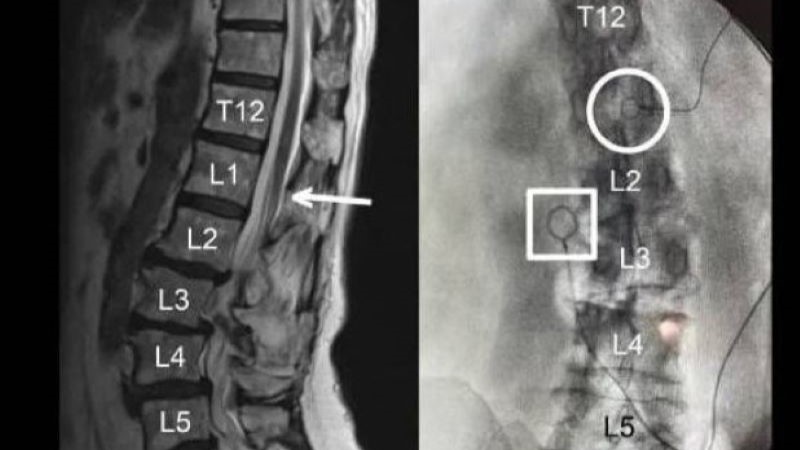
Total knee replacement (TKR) has a very high long-term survival rate, with the most common indications for revision being loosening, fracture, or infection. However, outcomes including poor function and dissatisfaction among TKR patients may be underestimated and not well understood because they are not reported and do not always mean a patient will undergo revision. A systematic review assessed factors predictive of dissatisfaction after TKR.
Two reviewers queried Medline, Embase, BNI, AMED, Cochrane, and Google Scholar per the Preferred Reporting Items for Systematic Reviews and Meta-Analyses guidelines to identify relevant studies. The review included any clinical outcome study reporting factors pertaining to overall satisfaction following primary TKR. Two accredited orthopedic surgeons performed a quality assessment for the studies included in the final review.
A total of 181 relevant articles were included in the review. The most commonly reported factor associated with patient satisfaction was a history of mental health problems (13 reports). When considering the outcomes of the quality assessment, the following factors were considered important to lead to improved patient satisfaction following TKR: a negative history of mental health problems, use of a mobile-bearing insert, patellar resurfacing, severe preoperative radiological degenerative change, negative history of low back pain, no/less postoperative pain, good postoperative physical function, and preoperative expectations being met.
“Surgeons performing a TKR should take these factors into consideration prior to deciding whether a patient is suitable for a TKR. Secondarily, a detailed explanation of these factors should form part of the process of informed consent to achieve better patient satisfaction following TKR,” the researchers recommended.







 © 2025 Mashup Media, LLC, a Formedics Property. All Rights Reserved.
© 2025 Mashup Media, LLC, a Formedics Property. All Rights Reserved.